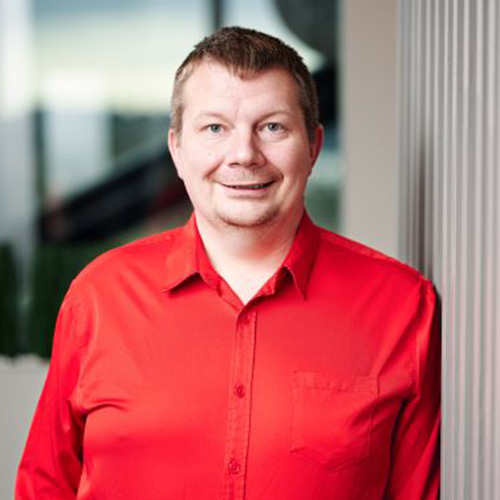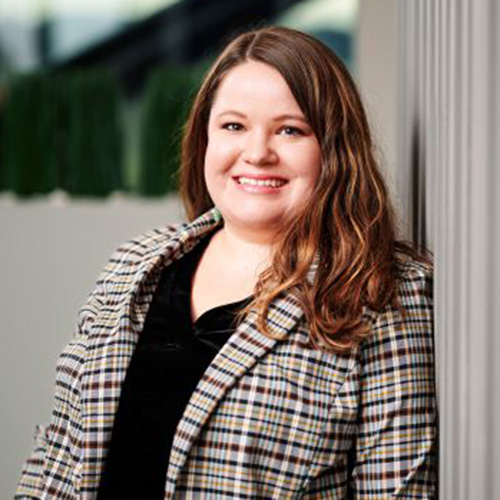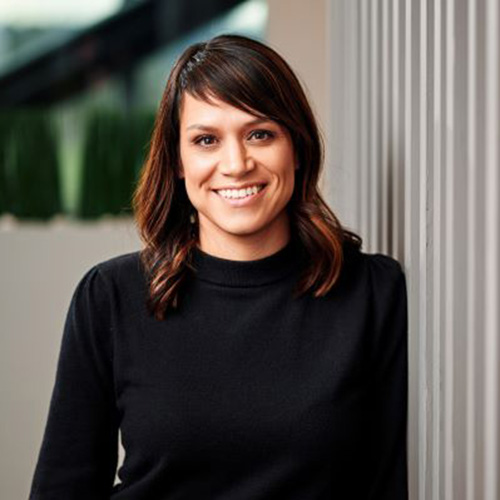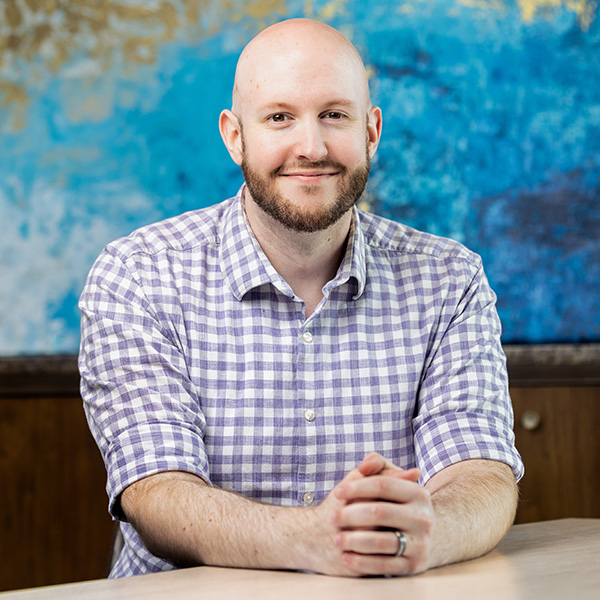The concept of growth and fixed mindsets was coined by psychologist Carol Dweck in her 2006 book, Mindset: The New Psychology of Success.
According to Dweck, challenging situations can be catastrophic for those with fixed mindsets because of the implication that if they don’t already have the skills or intelligence to complete a task, there’s no chance of improvement.
When you have a growth mindset, you believe you can gain the knowledge and skills necessary to succeed, which makes every challenge a learning opportunity.
Dweck shares interesting research around a growth mindset concept called the Power of “Yet”* that comes down to this: “I can’t do this yet, but I can learn how to do it.” It’s a simple way to redirect any feelings of self-doubt and exercise a growth mindset.
*Wait for it … later in this article, you’ll have an opportunity to accept the YETi challenge, using the Power of Yet to build our growth mindset muscles.
How Do I Know Which Mindset is Present?
1. Growth Mindset:
Individuals with a growth mindset see challenges as opportunities to learn and improve. They embrace setbacks as part of the learning process and believe that their abilities can be developed through dedication and hard work. Employees with a growth mindset are more likely to take on new challenges, seek constructive feedback, and persist in the face of obstacles.
2. Fixed Mindset:
On the other hand, individuals with a fixed mindset tend to believe that their abilities are static and cannot be significantly changed. They may avoid challenges to protect their self-image and may view effort as fruitless, leading to a reluctance to invest time in developing new skills. A fixed mindset can limit personal and professional growth and hinder adaptability.
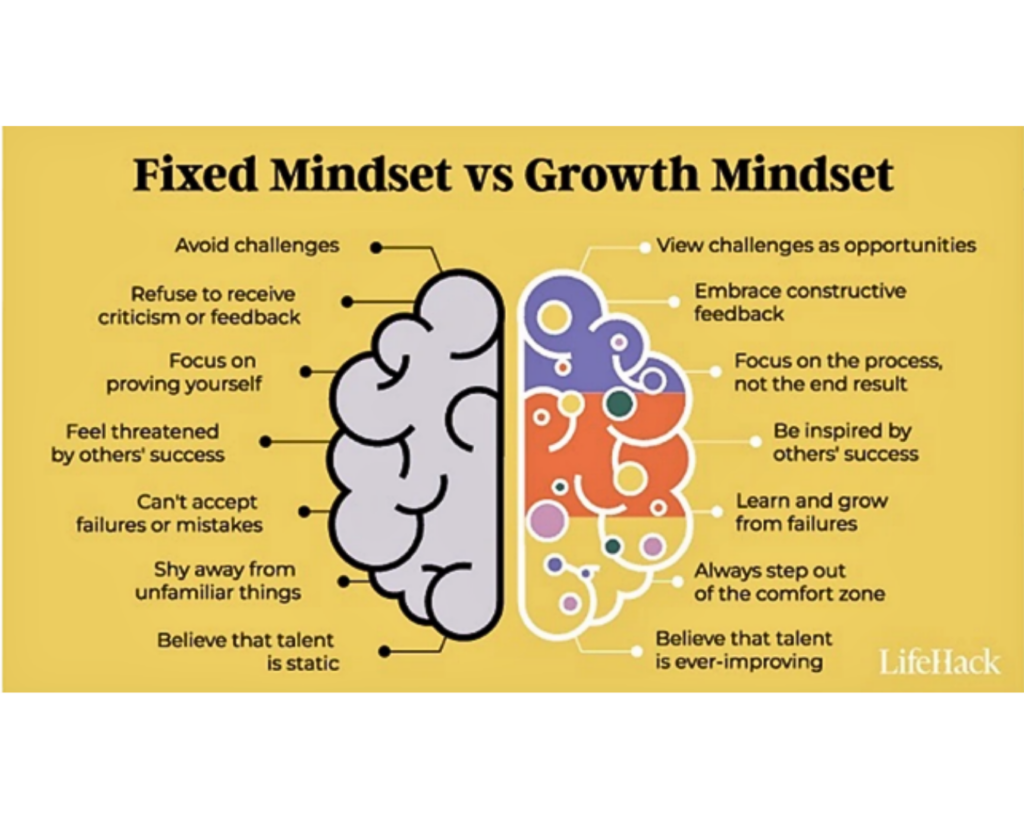
The Value of a Growth Mindset and Downsides of a Fixed Mindset:
Value of a Growth Mindset:
A growth mindset fosters a culture of resilience, adaptability, and innovation. When we bring our growth mindsets to the office, we’re more likely to take on challenging projects, collaborate effectively, and demonstrate increased job satisfaction. This mindset helps us to continually improve our skills and contribute to the overall success of our teams and organizations.
Downsides of a Fixed Mindset:
A fixed mindset can lead to stagnation, fear of failure, and limited professional development. When we bring a fixed mindset to our daily work, we may be less inclined to take risks, resist feedback, and struggle to adapt to changing circumstances. This can impede our individual and team progress, hindering our ability to adapt and thrive.
How Many Growth Mindsets Does It Take to Invent a Lightbulb?
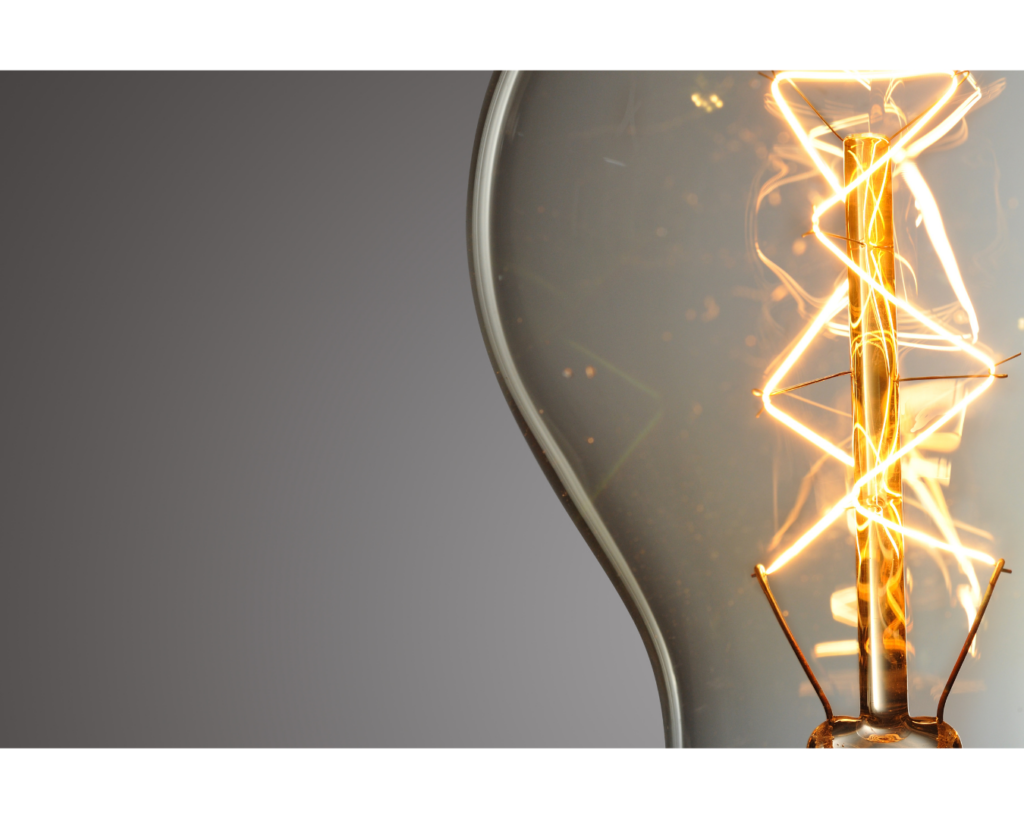
As it turns out, it takes just one growth mindset to invent a lightbulb …
Thomas Edison’s search for a filament for the lightbulb is quite inspiring. After 2,000 different materials, his assistant complained: “All our work is in vain. We have learned nothing. Not sure if we can use electricity properly.”
Edison’s reply suggests that their failures had not gone to waste: “We have come a long way and we have learned a lot. We know that there are 2,000 elements that cannot make a good light bulb.”
You know the ending of the story. According to Edison, “The electric light has caused me the greatest amount of study and has required the most elaborate experiments … Although I was never myself discouraged or hopeless of its success, I cannot say the same for my associates … .”
Quick Tips for Adopting a Growth Mindset
Employing our growth mindsets can help us achieve more, especially in the face of challenges and obstacles. Here are a few tips for developing a growth mindset:
- Recognize your ability to improve and grow in the long term.
- Practice positive self-talk to motivate yourself to overcome obstacles.
- Celebrate your growth process rather than simply celebrating your results.
- Seek feedback actively and regularly so that you can identify areas of growth.
- View challenges as opportunities for growth rather than permanent barriers.
- Try new things and actively seek fresh experiences that may enrich your life professionally or personally.
Masterclass on Growth Mindset from Galen
If you’d like to dig deeper into five key elements of a growth mindset (Feedback, Failures & Challenges, Talents & Intelligence, Vulnerability and Change), our friend Galen from Shift Yes and Culture Drop offers up some comparisons and guidance for us in this blog article and this snackable video.
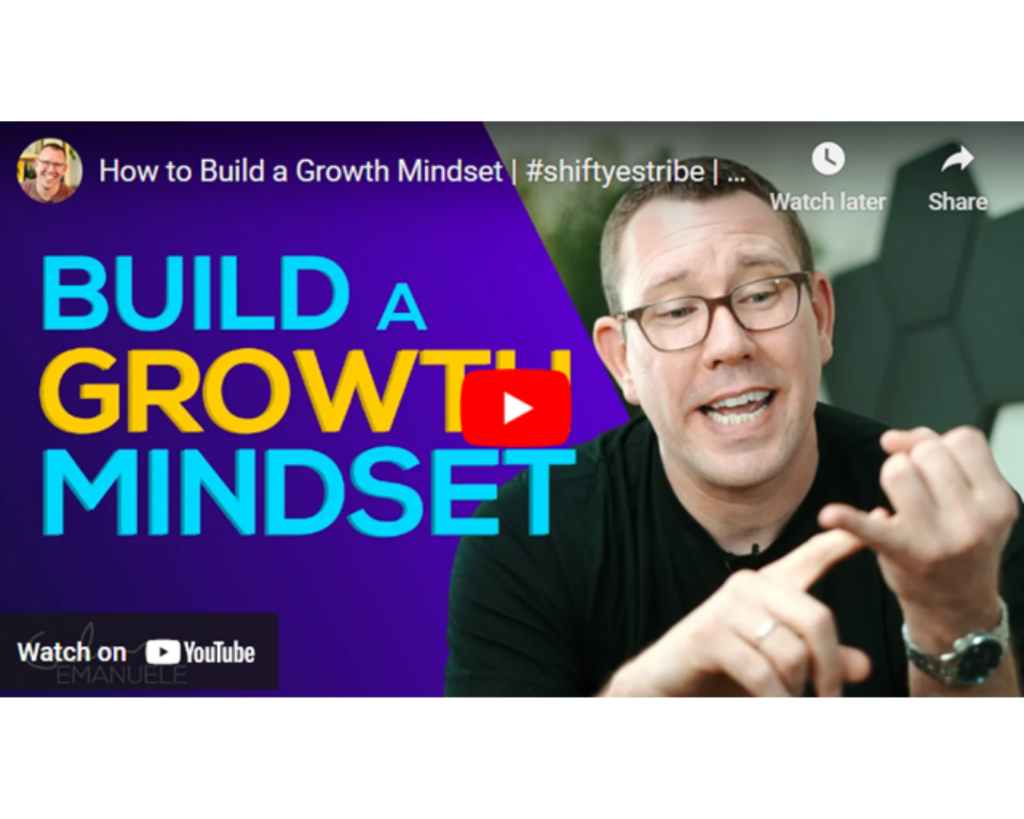
Join the Challenge: Be a YETi
If you’d like to learn more and accept the challenge of using your YETi skills to apply the Power of Yet and a growth mindset in your everyday work, here’s a simple tool to get you started:
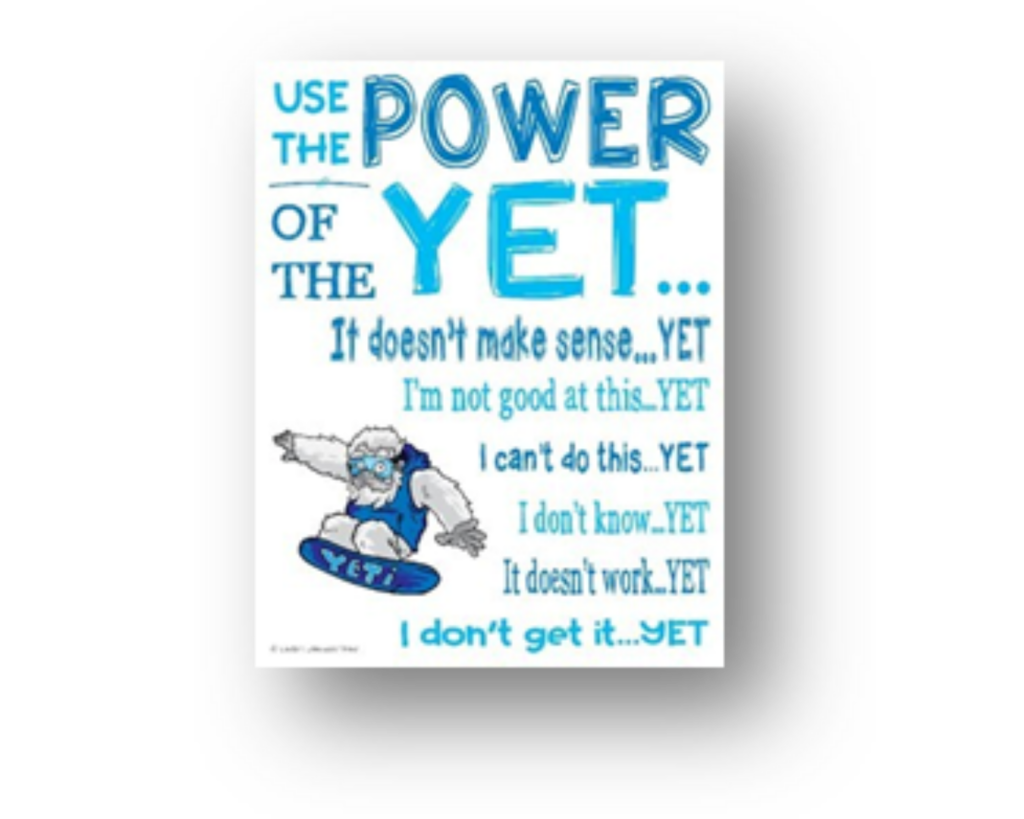
By embracing challenges, seeking feedback, and cultivating a love for learning, we can collectively propel our team to new heights, adapt to evolving demands, achieve lasting success, and create that Ripple Effect of positive impact that reverberates out and out and out.
Here’s to feeding a culture of continuous growth and success for our teams and our companies in 2024!
Your ELT,
Heidi, Cyndi, Saskia, and Kristi




